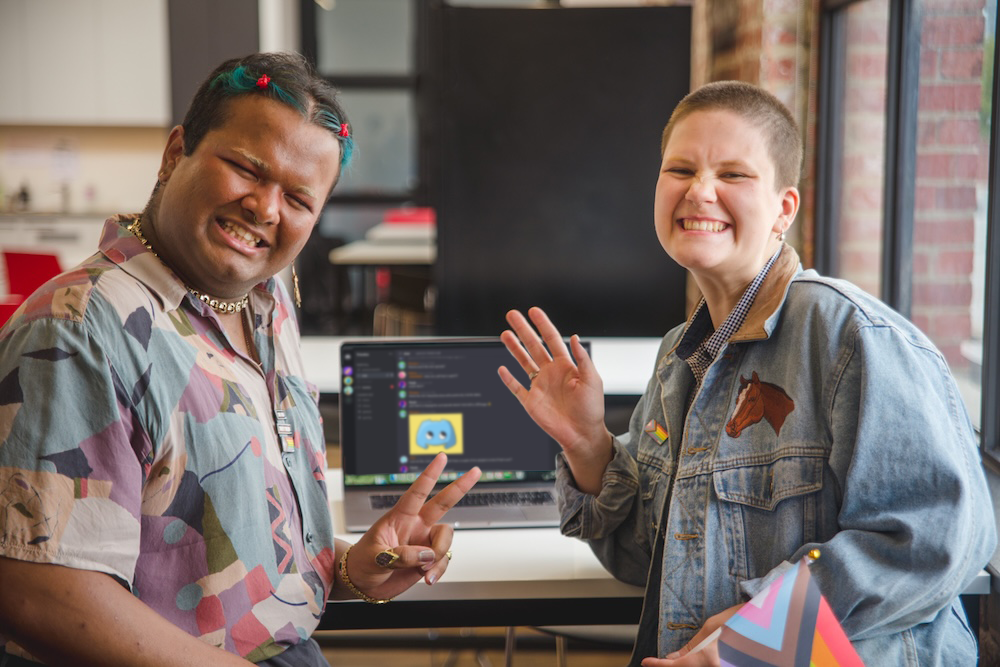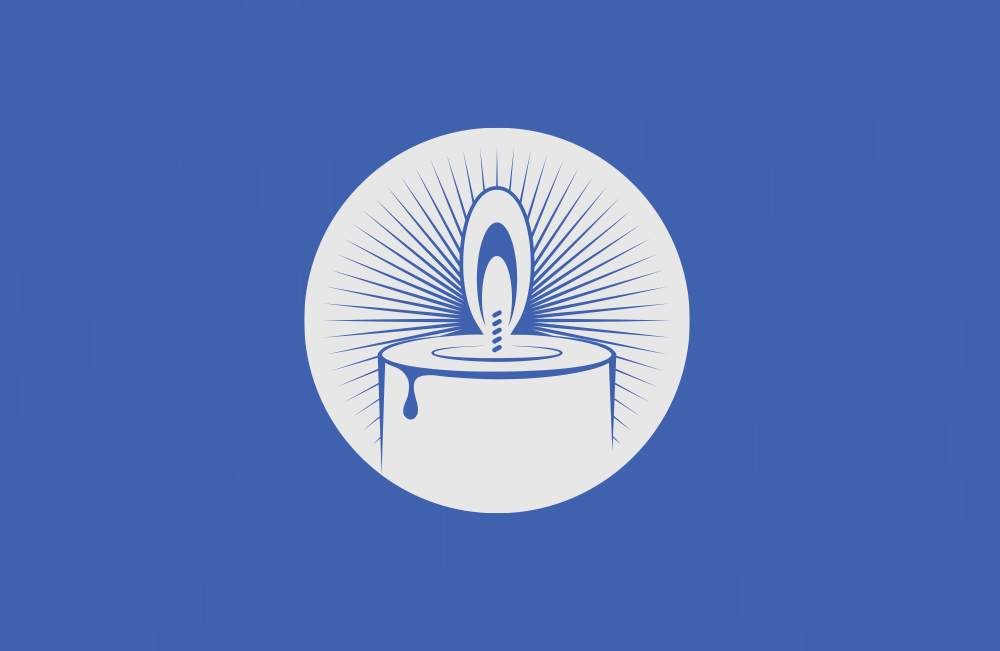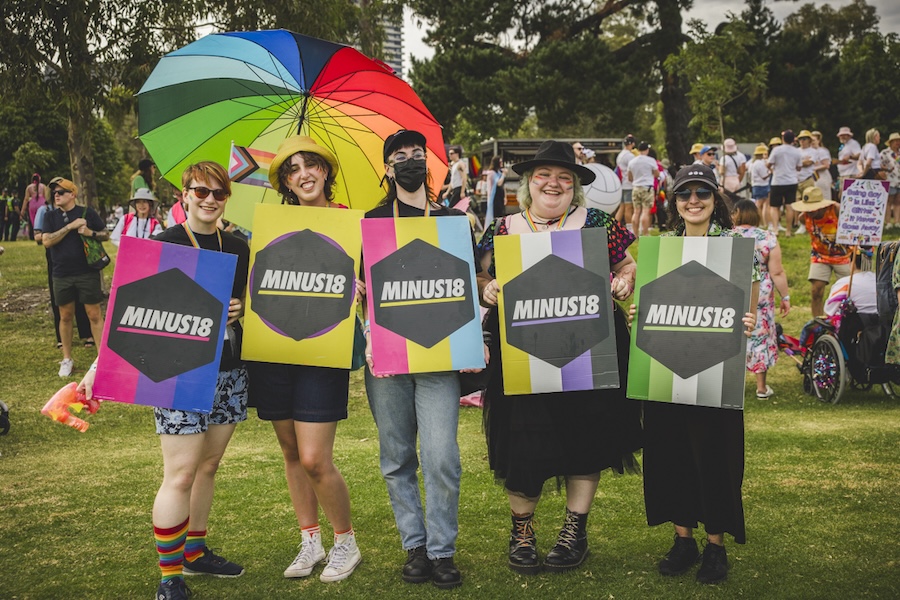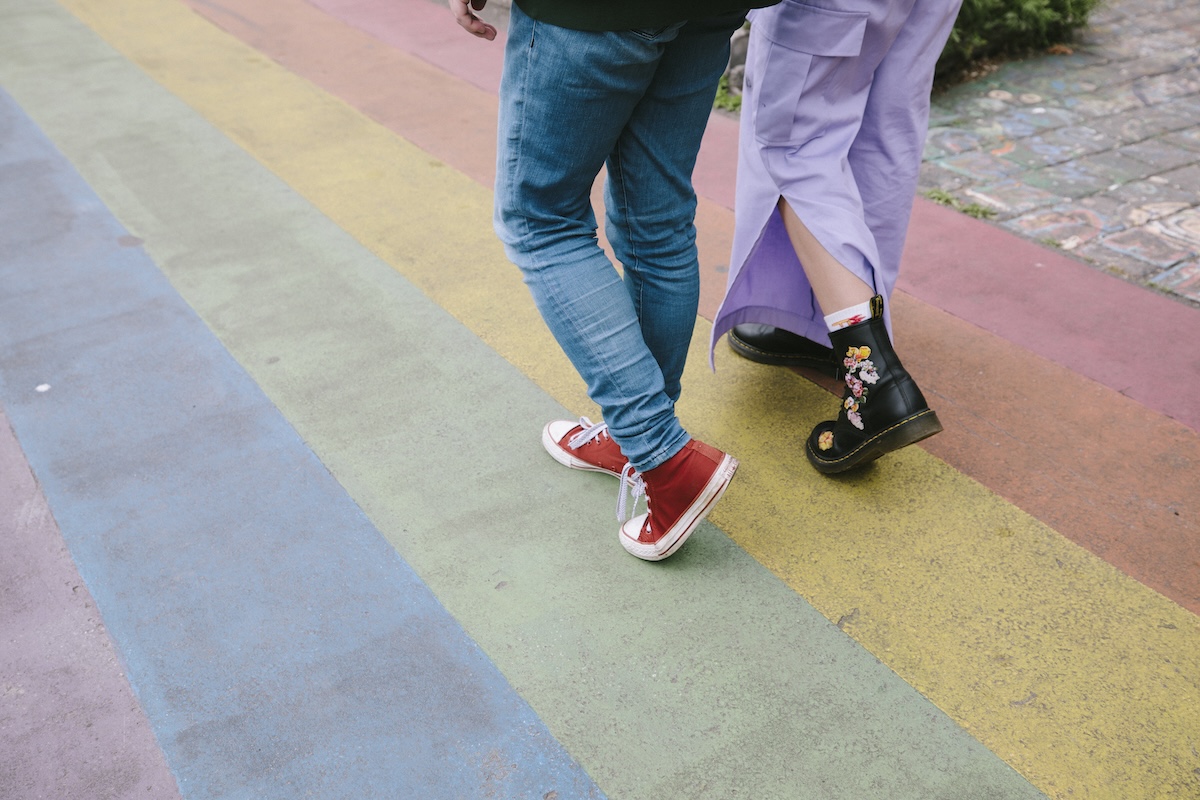
Your guide to medically transitioning
Medical transitioning is when a trans person makes the decision to access medical ways of affirming their gender, such as hormones, surgery or behaviour training to feel more comfortable in their own skin.
These options can have a big impact on the way a person expresses their gender.
Medical transitioning isn’t about ‘fitting in’. Sure, that can be part of it, but it’s really about doing what helps YOU feel most comfortable personally.
Keep in mind that it’s not for everyone – lots of trans and gender diverse people have no interest in or access to medically transitioning. Surgeries and other treatments are just tools to help achieve what feels right to you, and shouldn’t ever be seen as essential to being a ‘real’ man, woman or anything else.
Getting started
Go to your GP to get a referral to a psychiatrist or other professional who specialises in gender therapy. This can be your family doctor, or someone at an LGBTI health clinic like Northside Clinic or Prahran Market Clinic.
If you’re under 18 the Royal Children’s Hospital and Monash Gender Clinic both have support services available for trans young people. If you can’t find a local service, but have a supportive GP, they can contact Northside Clinic to access advice on how to better support you.
Seeing a psychiatrist may seem like a big step, and each individual experience is a little different, so it’s important to remember that at no stage are you locked in. If you’re not happy with your sessions or don’t feel they’re right for you, you’re absolutely able to seek support elsewhere.
When under 18, the first medical option available to you is to you is puberty blockers. They’re most effective for people in the early stages of puberty, so if you’re younger it’s definitely worth discussing with your doctor. Accessing puberty blockers requires psychiatrist approval, parental consent, and an endocrinologist. Puberty blockers can stop your body developing things like breasts or an ‘Adam’s apple’, and basically give you a bit more time to figure things out. It’s also a reversible treatment.
If you’re interested, once you’re 18 you can start hormone replacement therapy (HRT). This is when you adjust hormone levels in your body to better reflect your identity.
Surgery
Surgery is something you might consider too. While it isn’t for everyone, for some it can be hugely beneficial. For chest and genital surgeries you will need additional approvals from your psychiatrist. At present, both top surgery (surgery on your chest) and genital surgery can’t actually be performed on anyone under 18 years of age in Victoria. Cosmetic surgeries such as nose or chin reconstructions are not subject to special restrictions.
Speech pathology
Another option that, and one that might not seem immediately obvious, is speech pathology. For me, my voice sometimes made me uncomfortable, and my doctor recommended checking out a speech pathologist. Speech Pathology is vocal training to help change the pitch of your voice and speech patterns to something you’re more comfortable with. The best thing about this one is there’s no restrictions around age or who can access it.
La Trobe University has a speech pathology clinic that specialises in voice training for trans people.
Accessing services
If you’re under 18 and don’t have the support of your parents or guardian, medical transition can be a challenge. Under the law, parental consent and support is critical to any medical treatment. Access to services in regional areas can also be limited or not available.
In these cases there are still ways to get support online through communities like Minus18 and Ygender, as well as counselling chat services like Switchboard and QLife. Connecting with other people and talking about what you’re going through can be a great source of support.
Keeping track
Documenting your transition can be a pretty empowering thing that some people decide to do.
Since changes can occur over a long period of time, taking photos or recording a vlog gives you the opportunity to watch your progress back. Seeing how far you’ve come is a great way to keep motivated, and sharing your progress with others can help them better understand the process.
Go at your own pace!
Take all the time you need until you’re ready before undergoing any treatment, but keep in mind that starting the conversations early helps you get better informed and means you don’t have to wait as long once you’re sure.
The treatments available are constantly improving, and while we still have a way to go, there are loads of great options and support out there.
Related articles

From December 10, big changes are coming for anyone in Australia under 16. Here's how we'll support you to remain connected with your community.

Trans Day of Remembrance is an important opportunity to honour those who have lost their lives to transphobic violence, and take a stand against transphobia.

Labels can be comforting – a way to find people who understand you, and proof that you’re not alone. But it's also okay if you're still figuring it out.

Uncertainty can be beautiful. Being “in-between” labels, between versions of ourselves, is part of life.